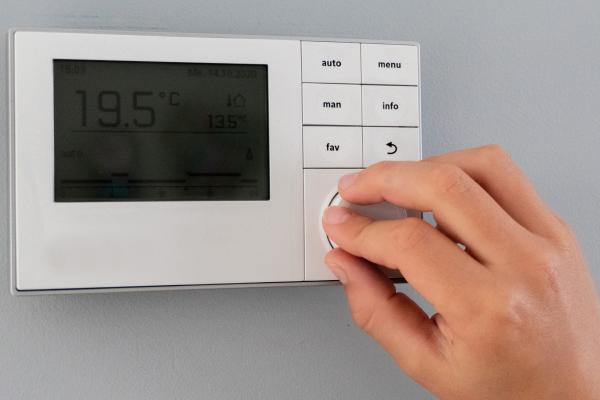
While childhood circumstances have vastly improved across Europe over 80 years, there are still large differences between EU countries. Levelling the playing field remains crucial, as the environment during the early years strongly influence educational or employment opportunities later in life.
The parents’ educational level has by far the strongest influence on kid’s tertiary educational attainment, according to a policy brief published by the JRC that relies on data from a 2022 Eurobarometer. Having a father, or a mother, with a high academic degree increases the child’s likelihood of achieving a similar educational level by 19 or 14 percentage points, respectively.
Pre-school attendance also plays prominent role on academic achievements, as well as access to necessities such as healthcare, healthy food, adequate housing, books availability at home, and an stimulating school environment. As an example, a kid attending nursery or pre-school will increase the likelihood of completing tertiary education by 3.5 percentage points.
Southern and eastern EU countries improving fast
The publication also highlights that, while northern European countries have the lowest levels of inequality during early years of life, southern and eastern regions are seeing the greatest and fastest improvements.
Overall, the new European generations are witnessing a decline in inequality of opportunity. Despite this overall progress, ensuring universal access to affordable and good quality childcare remains vital for a strong social Europe that is fair, inclusive and full of opportunity.
Data from Eurobarometer survey 2022. Share of respondents having access to intensive pre-school at age 4.
Data from Eurobarometer survey 2022. Share of respondents having had access as a child to the five basic necessities, which include: (i) medical check-ups on a regular basis; (ii) healthy food on a daily basis; (iii) adequate housing; (iv) books to read at home; and (v) a safe and stimulating learning environment at school.
Data from Eurobarometer survey 2022. Value of inequality of opportunity. Largger values correspond with greater inequality of opportunity.
Sources
Details
- Publication date
- 30 November 2023
- Author
- Joint Research Centre
- JRC portfolios




